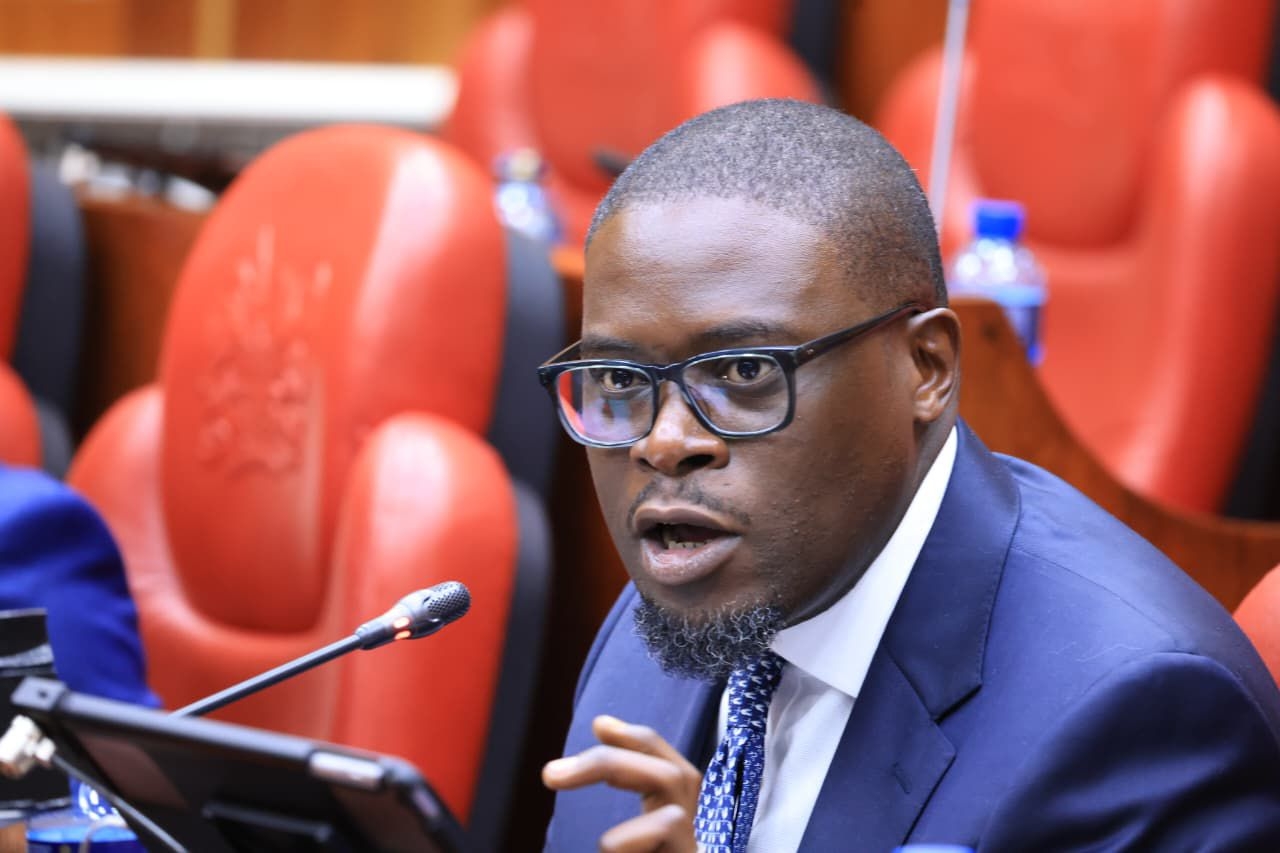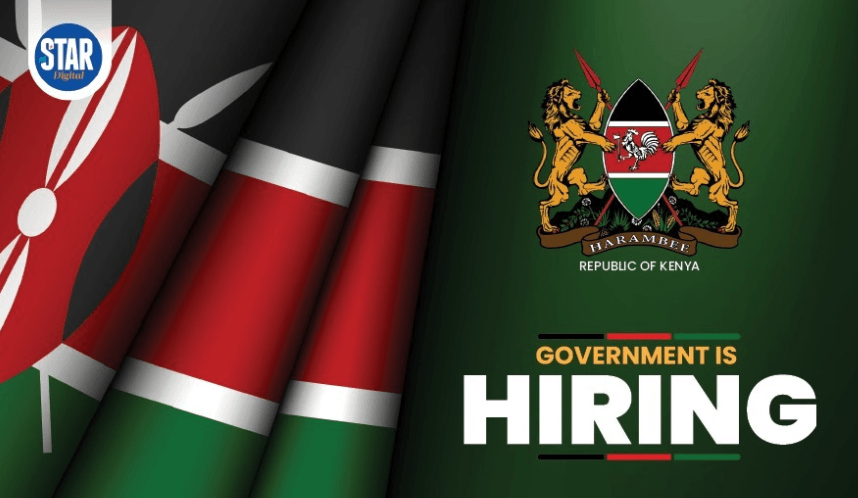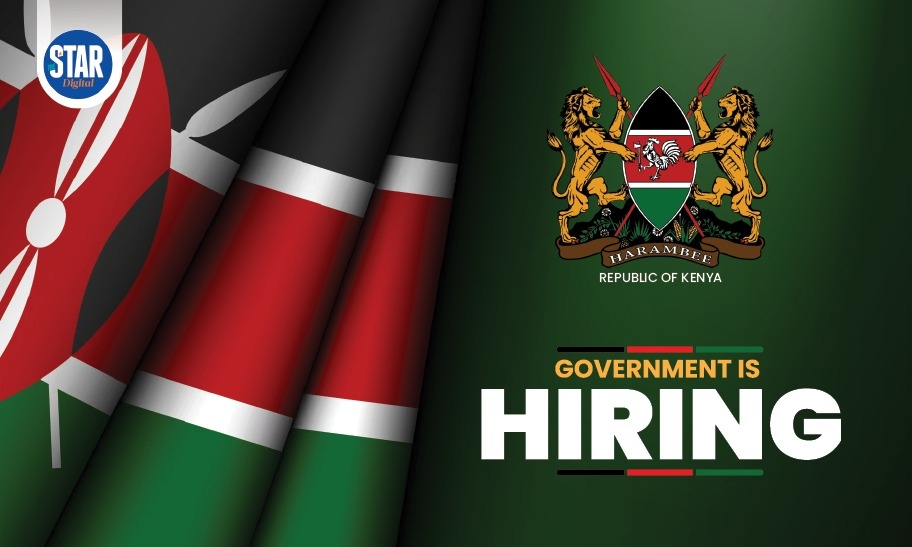Agri-tech firm Twiga Foods has affirmed its continued operations in Kenya, dismissing concerns that it could be slowly folding its operations in the country.
This is after it emerged the company is in the process of laying off a third of its workforce of 810, translating to about 267 individuals set to be sent home.
In a forum with journalists in Nairobi on Friday, management said the changing business environment, which has seen the company adjust its operational structures, has necessitated the redundancy.
The firm is going more into outsourcing logistics services to cut costs that come with fleet management and other operational needs.
This comes amid improved efficiency that has come with the million-dollar distribution centre at Tatu City commissioned last year.
The 200,000 square-foot automated facility has seen the company expand its overall capacity and ability to deliver a selection of fresh produce, and retail products and provide partners access to over 140,000 customers across Kenya and Uganda.
Group CEO and co-founder Peter Njonjo said the firm has a long-term plan in Kenya and future expansion, even as it changes its business strategy.
“Kenya is a very significant market in Sub-Saharan Africa. The disposable income is one of the highest that we have in the continent, so the thinking that we have now is we are going to focus on building scale here, before expanding,” Njonjo said.
The firm has moved to close its depots which it says is a result of having a more efficient way of operating.
Previously, the firm operated a warehousing system, depots and last-mile logistics.
“We no longer do that because with Tatu City, the firm can ship goods directly from the warehouse to customers,” Njonjo said.
It is also exploring the elimination of last-mile deliveries in western parts of the country and instead, go into a third-party model where agents’ depots will be key distributors in the last mile, or customer pick-up points.
It has shut depot systems in Nairobi, Thika and Machakos where customers are now served directly from Tatu City where the distribution centre has pushed up its daily handling capacity to 8 million kilogrammes.
Last year, the firm received backing from the government that retailers on the Twiga Soko Yetu platform can access up to Sh300 million in working capital from the hustler fund.
The monies are however accessible through financial institutions, management clarified yesterday.
To date, the firm has cumulatively raised a total of $160 million (Sh23.2 billion at current exchange rates), mainly through venture capital.
This is a form of private equity financing that is provided by venture capital firms or funds to startups, early-stage, and emerging companies that have been deemed to have high growth potential or which have demonstrated high growth.
A squeeze in the venture capital space has however pushed Twiga to consider raising capital locally and working around its balance sheet to sustain operations, and partly for future expansion.
“The reason why we are restructuring is because we need to get to a point where we can generate more resources internally,” Njonjo said.
The company plans to break even in at least the next year.
The start-up links farmers or agricultural producers and fast-moving consumer goods manufacturers to retailers.
Last year, its subsidiary Selu partnered with the Kenyan government to oversee maize production on 20,000 acres of the Galana-Kulalu food security project, under a public-private partnership.














